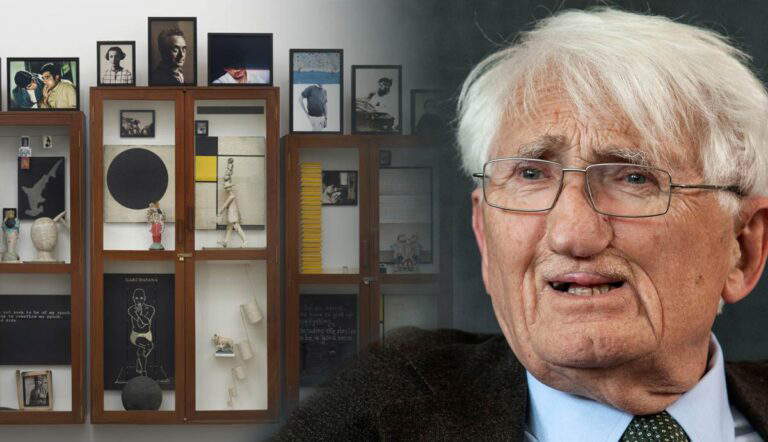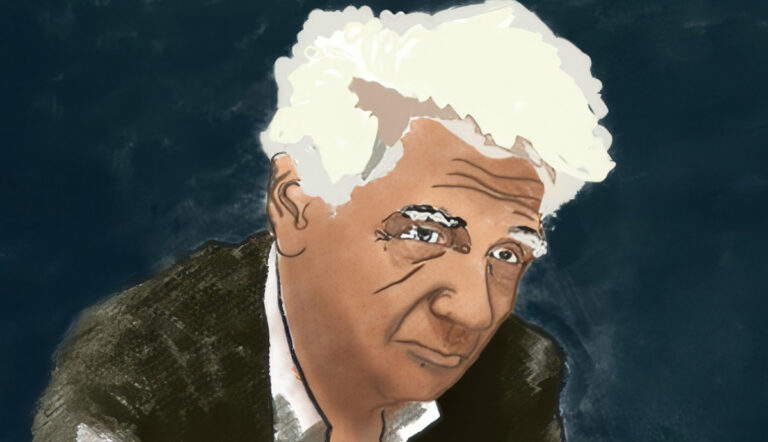
Catherine teaches contemporary and postmodern philosophy, systematic philosophy, history of philosophy and text analysis. She is also a course leader and senior lecturer in business management at a university in London. She has taught business ethics, marketing, and management at a number of UK universities on MBA, MA and BA programmes. Before working in higher education, she held leadership posts in hospitality and events. She dabbles in creative writing in her spare time.
Areas of Expertise

Does the Public Sphere Need Religion? Jürgen Habermas’ Atheism
The question “does the public sphere need religion?” sounds counterintuitive because inclusion of religion is common in democracies. But Jürgen Habermas has highlighted its contentiousness.

Is Jacques Derrida a Madman, a Genius, or a Charlatan?
Robert Solomon called Jacques Derrida an embarrassing uncle. Foucault labelled him an obscurantist. Deconstructionists near-worshiped him. The question remains: “Is Derrida a madman, a genius, or a charlatan?”

Augustine vs Baudrillard: Are Words Signs of Reality or Hyperreality?
Augustine said, “Words are signs … and every sign signifies something.” Baudrillard said signs are disconnected from reality and created by advertisers. Who is right?

Should you be Skeptical of Ads? Pyrrhonian Skepticism and Consumerism
Ancient Pyrrhonists recited, like today’s advertisements do, phrases promising ataraxia, or inner tranquility. But can we reach ataraxia via skepticism, and what are the consequences?